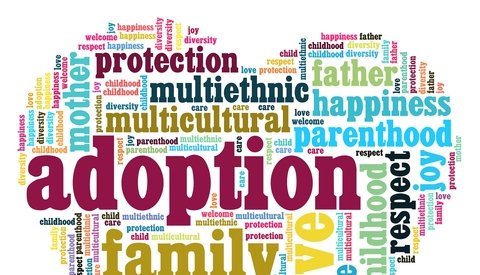The impact of adoption is lifelong. Adoption issues are significant for both a child and adult in every stage of social and emotional development. As a healing parent you need to be aware of the challenges and tasks required to meet the needs of your child.
Years ago, parents typically did not talk with their children about adoption; they worried it would be emotionally damaging and also lacked information and guidance. Most adoption experts now advise parents to discuss adoption early, between 3 and 4 years of age. Young children need to have a positive adoption story, which provides a sense of meaning and answers the question, “Why was I adopted?” This helps to normalize adoption, enhances a positive self-image, and sets the stage for confiding and communicating with parents.
As children enter the latency stage, at around 7 years of age, their cognitive abilities and awareness expand. Their perspective about adoption changes and they begin to ask questions:
“Why did my birth mother give me up?”
“Was I bad and it was my fault?”
“Do I have brothers and sisters, and where are they?”
Children are now trying to understand and deal with the losses inherent in adoption, including the loss of birth parents and family, cultural and racial background, and other prior connections. These losses can cause grief reactions resulting in anger, depression, and emotional withdrawal. Healing parents help their children acknowledge and talk about their intense emotions regarding loss and grief. Answer your child’s questions in an honest, sensitive, and age-appropriate way. This is an opportunity for communication and building trust, cornerstones of secure attachment.
Sometimes parents’ own insecurities prevent open communication (ie,“Do your questions mean you are unhappy with our family, and I’m not a good parent?”). Guidance from a mental health professional who specializes in adoption issues may be helpful at these times to prevent conflict and enhance communication.


